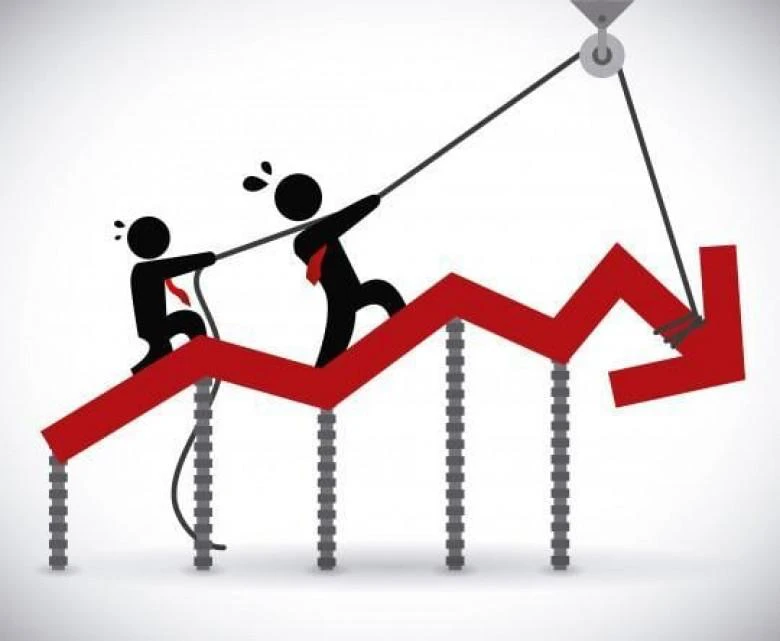"Fact" daily writes:
Armenia's economic activity indicators decreased significantly in the last months of last year.
This was due to the fact that the economic growth of RA was mainly due to external factors, and in the conditions of the weakening of the influence of these factors, the inertia of growth stopped.
As a result, when the external situation changed, the RA economy returned to its barely crawling state. In general, the trend of decreasing economic activity is evident in all forecasts.
For example, the World Bank predicts only 5 percent growth for 2025, and 4.6 percent for 2026.
It should be noted that the high rates of economic growth starting from 2022 could be transformed in the direction of creating foundations for further economic development, but everything was left to its own devices.
In other words, we should have had a situation where the RA economy was already based on its internal potential, and not on some external circumstances.
The RA authorities talk a lot about Armenia's sovereignty, but the most important aspect of sovereignty is economic self-sufficiency.
And the primary factor in that direction is food security, but no initiative has been implemented and is not being implemented in this regard. The purposeful development agenda of agriculture is not only on the secondary plan, but also people consider it expedient not to engage in agriculture, because it has become unprofitable.
And now we are in such a situation that they remind us from other countries that we get 90 percent of wheat from them. Growing wheat should not be a problem for Armenia, but on the one hand, no efforts are made in Armenia to cultivate wheat fields, and on the other hand, Artsakh, the breadbasket, is occupied by Azerbaijan, and before that, a significant part of wheat and other food products came from Artsakh itself.
In addition, if we remove re-exports from the structure of Armenia's exports, then, as surprising as it may seem, only metal raw materials remain: mainly copper and molybdenum, some agricultural products, fruit, brandy and other drinks.
However, Armenia has a significant potential for producing and exporting various types of products since the Soviet years.
And after independence, that potential was destroyed, instead, the issue of building a copper smelter is constantly being discussed in our country, which remains written on the ice. During the Soviet era, in Armenia they even produced machines, machine tools and other equipment.
And now there is simply no technological production in Armenia, let alone exportable. The IT community in the country mainly works for foreign companies, which reap the main results of the work of Armenian specialists, and the Armenian companies with great potential can be counted on the fingers, and some of them are not registered in our country in order to attract investments.
On the other hand, let's note that in recent years, the construction sector in Armenia is flourishing, buildings are being built, but it is hardly mentioned that Armenia imports a huge amount of construction products, including from Turkey, which could not only be produced locally, but also satisfy domestic demand. , but also to export to other countries.
The same applies to textile production. Reasons are constantly given that Armenia does not have the necessary conditions to produce competitive products on the international market, the prices of energy carriers are high, the tax environment is not favorable, there are no technologies.
Are these unsolvable problems? Of course not. The experience of many countries shows that by implementing a number of initiatives in the direction of these problems, it is possible to change the situation over time.
But the problem is that the authorities do not even want to think in the direction of how to improve the tax field, create a favorable business environment, attract investments, train qualified specialists, etc.
In order for the cart to move, the person at the top of the management pyramid must be willing to deal with these issues, rather than keeping people busy with riding bicycles, making omelettes, and talking inappropriately.
During Pashinyan's administration, we did not even make progress in Armenia's economic diversification.
The authorities constantly talk about diversifying Armenia's relations and taking steps towards the West, but with their own hands they are deepening economic dependence on Russia, with which trade crossed the 12 billion dollar mark last year.
And now it is clear what will happen in Armenia if there are problems or shocks in the Russian market. Not to mention if we are cut off from that market by the "light hand" of the authorities.
ARSEN SAHAKYAN


























